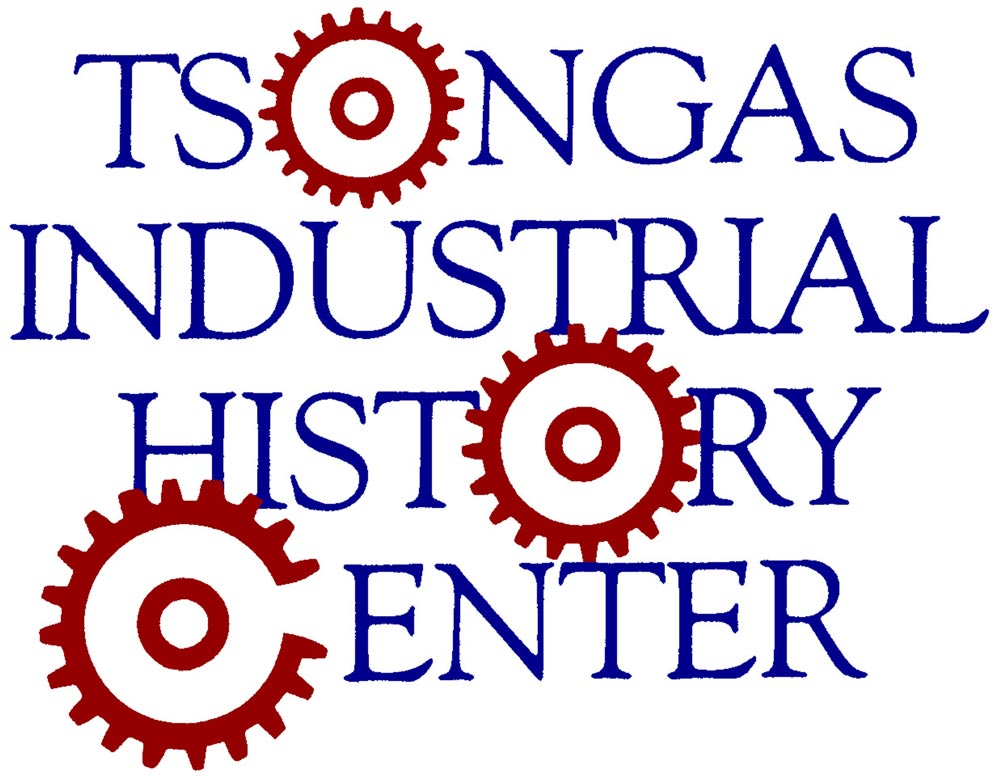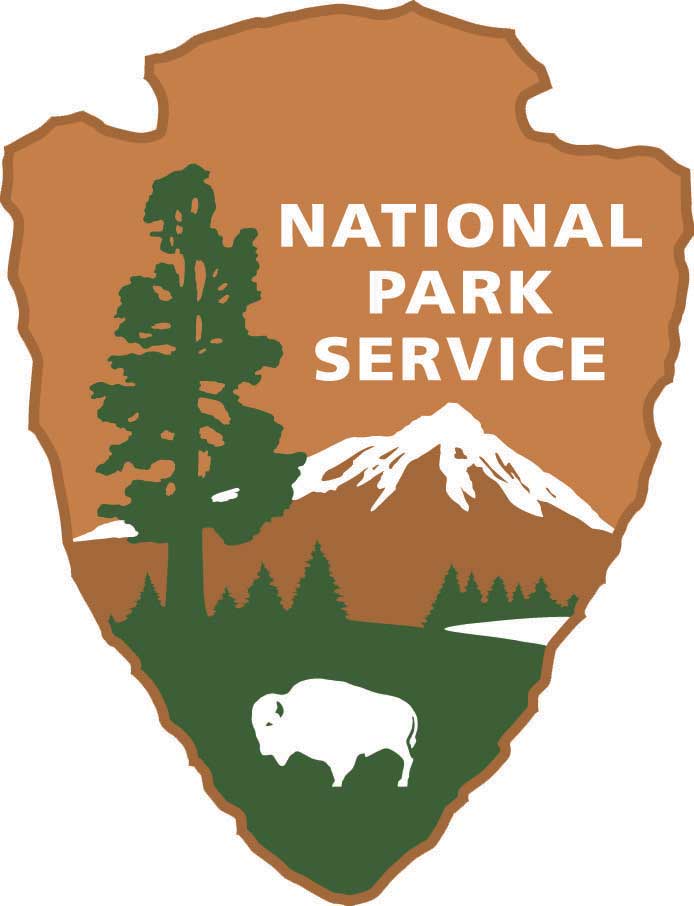2016 Summer Professional Development Institutes:
Merrimack Region
Hybrid Institute for Grades 3-8 Educators
Rivers, Renewables and Revolutions: How Science Understanding Informs Innovation in Engineering
Educators explored the living laboratory of Lowell and the Merrimack River Watershed through inquiry-based, minds-on, hands-on experiences. Using the mill industry of Lowell as a model, participants discovered how scientific understanding continues to inspire and inform innovations in engineering. The confluence of two rivers — the Concord and Merrimack — is significant as the birthplace of the Industrial Revolution in America. Participants learned how the flow of these two rivers was used to power mill production. They designed and built a model mill-and-canal system to see how water’s potential energy is transformed into the kinetic energy that powered Lowell’s machines. Technologies that were explored harness the power of the water, and models designed are used in today’s renewable energy industry. Participants traced the evolution of scientific understanding about ecological systems to understand how the watershed is recovering from its more toxic, industrial past. Water quality data was gathered, analyzed, and compared from ecologically diverse sites along the Merrimack River Watershed to learn about its current ecological health. Participants investigated the unfolding scientific understanding behind the Merrimack River’s 1890 renaming as the “River of Death”. They took a trip up Lowell’s “Mt. Trashmore” to see a cross-section of efforts to remove and recycle waste, and designed their own plan for land management that can be modeled with their students. Overall, participants gained ideas and experiences that will help them to build inquiry-based science investigations into their own curriculum.
Download a Merrimack Region Brochure
Click here for photos of the 2016 Merrimack Region Institute!




